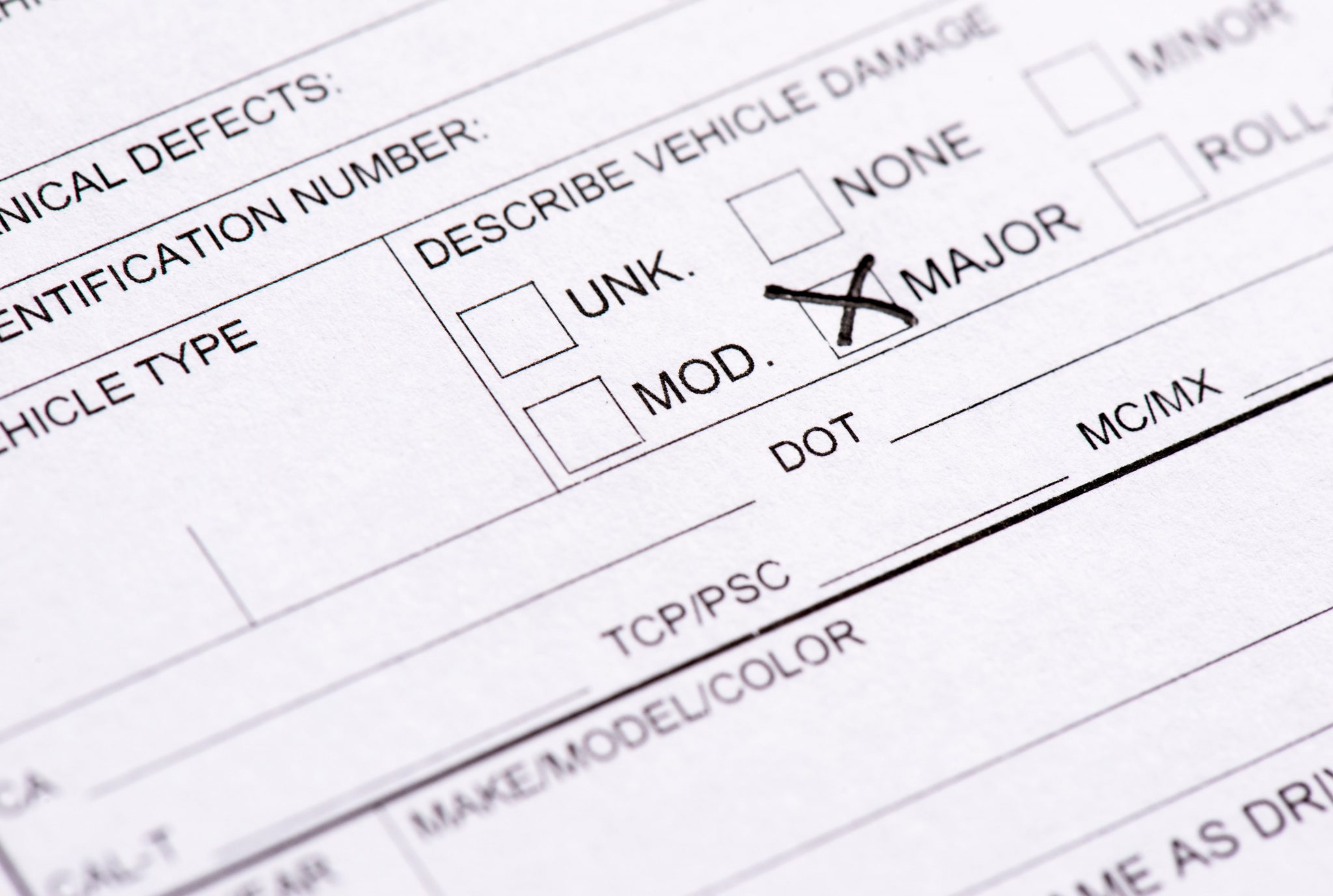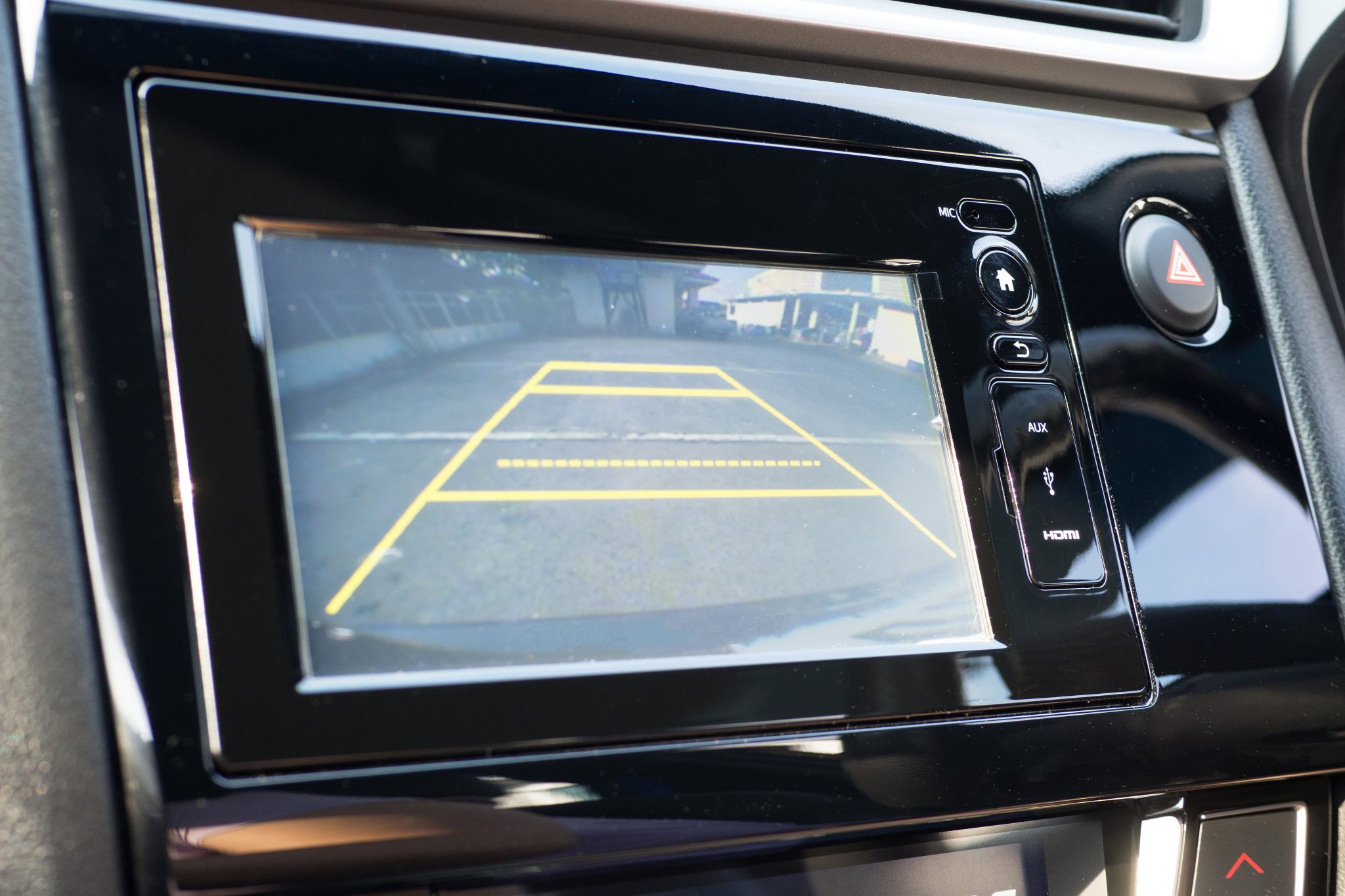- WE’RE HERE TO HELP 24/7
- 800.586.5555
Is Mediation Required in Every Florida Personal Injury or Wrongful Death Case?

The Police Report on My Accident Is Inaccurate – How Can I Get It Fixed?
November 2, 2020
Do Modern Vehicle Safety Features Actually Make Driving Safer?
November 2, 2020Is Mediation Required in Every Florida Personal Injury or Wrongful Death Case?

Mediation is a required step before civil trials in Florida, but a case could settle before mediation begins. Mediation is really the final attempt to get both sides to come to some kind of amicable compromise to avoid the expense of a trial.
Do Mediations Work?
If a plaintiff and defendant couldn’t come to an agreement during settlement negotiations, is there much of a chance of them doing so during mediation? That depends on how much either side wants to avoid that final step of a full-blown jury trial, and the strength of the plaintiff’s case.
There are reasons both plaintiffs and defendants would prefer to settle out of court. Personal injury lawyers can get their clients paid much faster if a trial doesn’t have to play out. A settlement during mediation means there’s no risk of an appeal.
There’s also no guarantee in a trial – for either side. A mediated settlement means both sides still have control of the outcome and can come to some type of compromise agreement. At trial, the damages are often decided by the jury, meaning it is out of the hands of either the defense or the plaintiff.
From the defense’s point of view, there’s a lot to lose at the trial. The insurance company also runs the risk of potentially be targeted with an insurance bad faith case after a trial loss. If the insured – the defendant – was offered a reasonable settlement, but the insurance company turned it down because they thought they would win in court, then the defendant loses big in court and is stuck with the bill, they may turn around and sue their own insurance company.
The Dangers of Mediation for the Plaintiff
Mediations, especially mediations that take place before the discovery phase, tend to offer more benefits to the defense than they offer to the plaintiff. The defense can use mediation to:
- Evaluate your case (peak at your hand)
- Get a feel for who you and your attorney are
- See if they can settle for less than they risk losing at trial
Mediation isn’t exactly the same as discovery, but it does give the insurance company a pre-trial opportunity to see who you are and get a feel for what you might be bringing to trial. Mediation also gives the defense an opportunity to see the relationship between you and your attorney and attempt to figure out whether you may be amenable to accepting a lower settlement even if your attorney thinks you deserve more.
Mediations can still be beneficial, despite the risk. They’re an opportunity to get to know the other side and maybe even build a cordial relationship. Trials and negotiations may proceed a lot smoother if there’s some level of trust and rapport between opposing sides in a civil dispute.
Each case is different. You and your attorney may go into mediation with no intention of accepting the compromise solution the defense is willing to offer. Or maybe your case isn’t that strong, and mediation is an opportunity to posture a bit. Whatever the situation, mediations will, at the very least, give you an idea of who you’re dealing with on the other side of the table.
What’s the Difference Between Settlement Negotiations and Mediations?
The mediator and the structure of mediation may help mitigate the impact of emotions on the negotiating process, which can often be a problem with particularly heated issues like personal injuries.
Anyone who has been involved in a personal injury case understands this. The injured person feels wronged, and those emotions are often amplified because the insurance company doesn’t think they owe the injured party the compensation they need to recover. Even the most reasonable of people don’t enjoy having their suffering trivialized during negotiations.
Mediation sets down rules and is mediated by someone who is impartial. The process generally starts with the mediator explaining the process and their role, after which both sides can express their concerns and goals.
After the initial group discussion each party usually meets individually with the mediator to discuss potential resolutions that would work for them. The mediator may go back and forth between both parties offering potential compromises that may result in a mutually beneficial solution.
Mediation agreements are also enforceable. If a settlement can be reached, any written agreement signed is legally binding.
Important note for clients: Sometimes attorneys and clients agree beforehand on how they will interact and communicate during mediation. You may decide to let your personal injury lawyer do all the talking, which is fine. Just keep in mind that you do have a right to talk with the mediator. If you change your mind on not speaking, you are not legally bound to keep your mouth shut. Plaintiffs do, however, need to be careful with what they divulge to the defense.
What’s the Difference Between Mediation and Arbitration?
Mediators are not decision makers, they’re just an impartial party who can help guide the discussion and keep heads cool. Arbitrators, who are usually sitting or retired judges, make actual decisions that determine the outcome of a dispute. In some cases, arbitration is voluntary, in others the court may order arbitration to settle a civil dispute. If arbitration is court-ordered the decision is usually non-binding.
